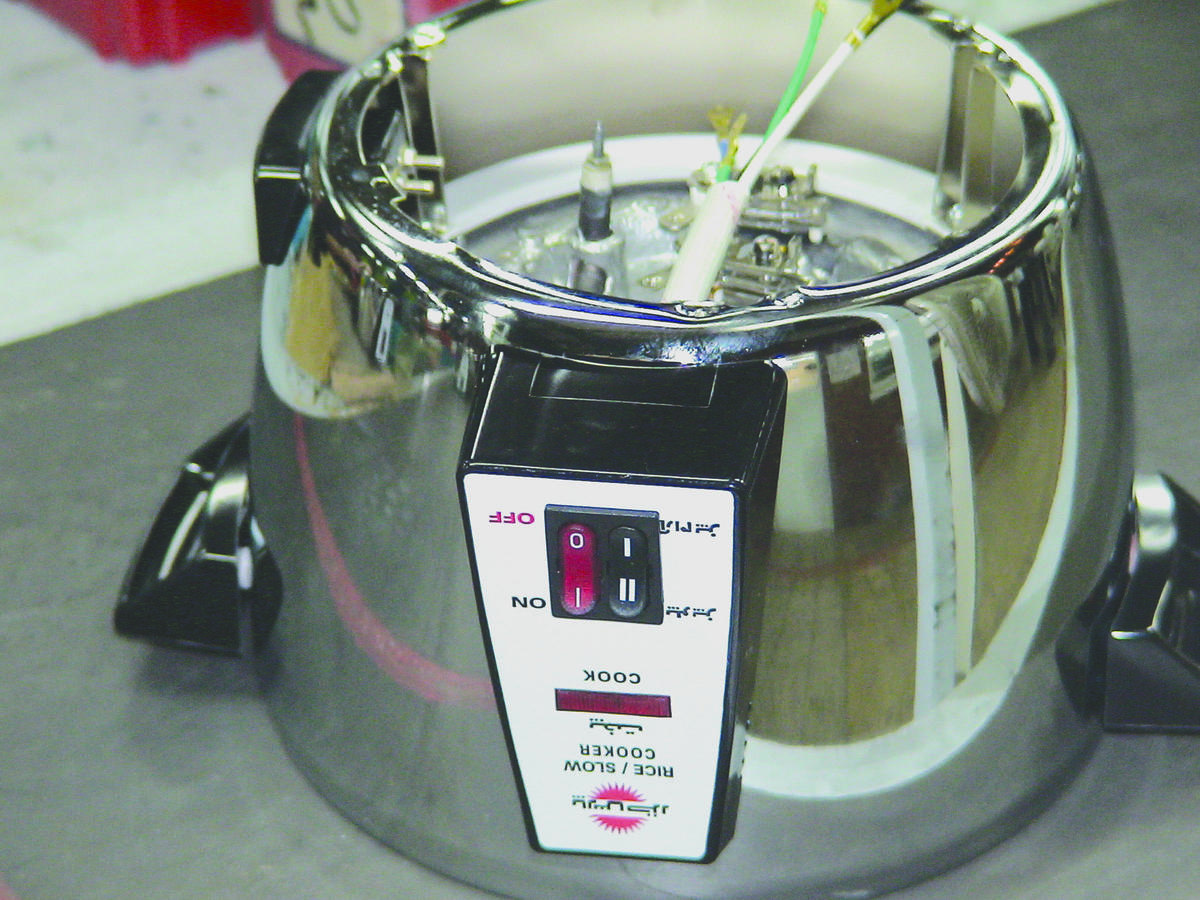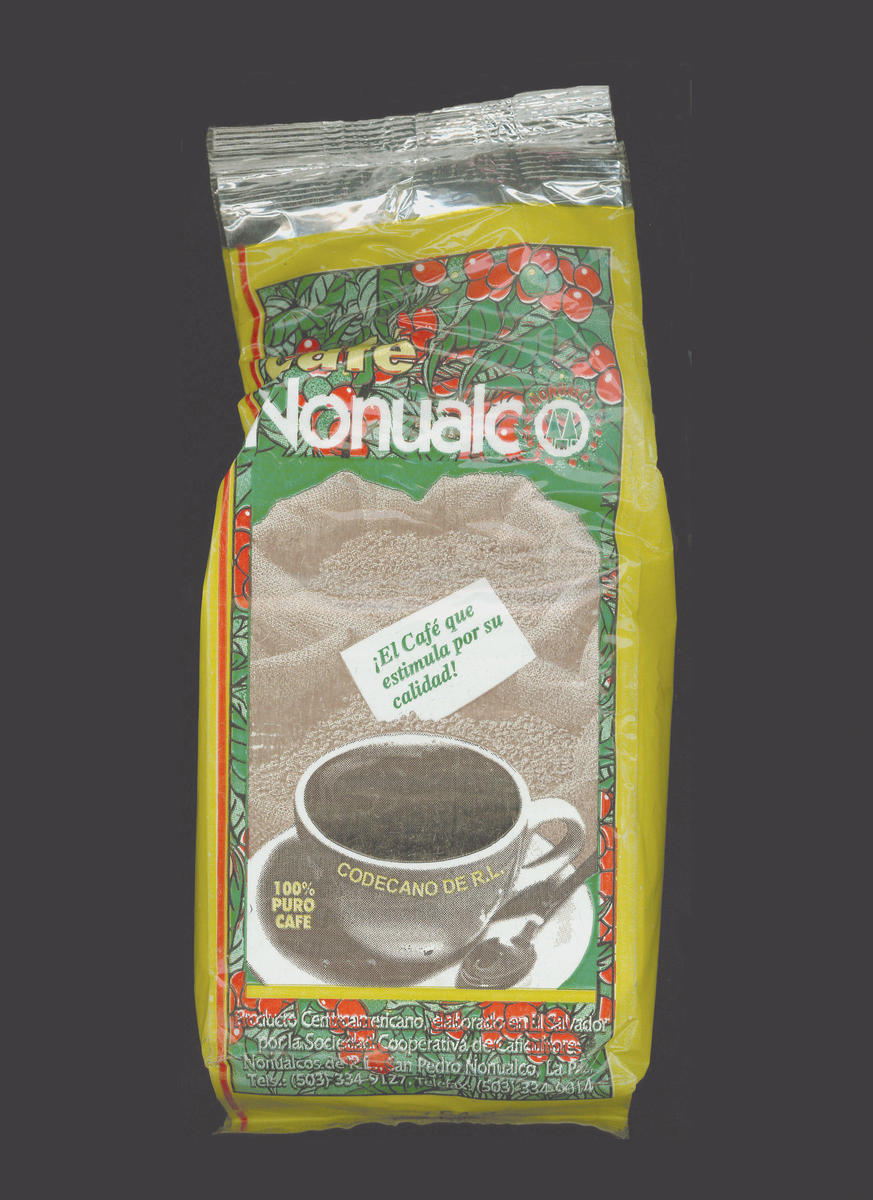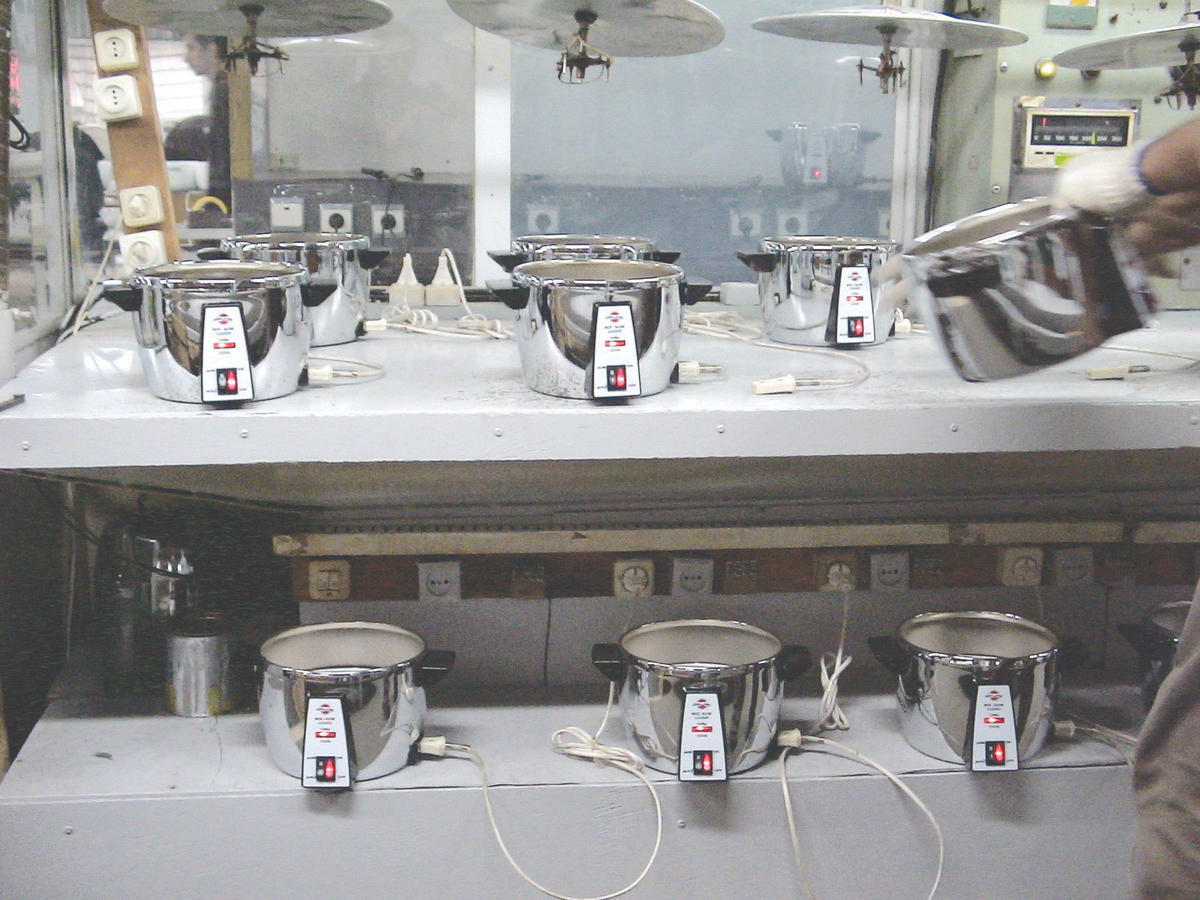
“It all started because I wanted some decent coffee for my bar,” explains Kate Rich, the British-based artist-cum-import-export entrepreneur. “Everyone said I should get Fair Trade, but the packaging was patronizing, full of these sentimental images and information about how the farmer could now send his children to school. But what did he know about how I spend my money?”
In 2003, Rich ended up sourcing coffee directly from the Cooperativa de Caficultores Nonualcos in San Pedro Nonualco, El Salvador, for her customers at the Cube Microplex bar in Bristol. Coining the process Feral Trade, she began a series of projects that cut across art and business. Two years later, packets of coffee are continuously exported from the cooperative cinema to destinations in the UK and Europe over various social, cultural, familial and vocational networks.
Each transaction is noted in minute detail: when it comes to Rich’s trade database (www.feraltrade.org), the project is anything but feral. In mid-September 2005, for example, her online log records that ten bags of ground coffee were shipped from Bristol to Vallum Court in Newcastle, to restock supplies after ten bags had been transferred up to Stills Gallery in Edinburgh earlier in the month. The courier was novelist Hari Kunzru.

Designing her own packaging, which details the beans’ complex financial and geographical journey, Rich elevates — or as she says, “adds density to” — the banal tendencies of import-export. Her projects expose the intricate web of relationships that exists around a product and the high-tech/low-tech messiness of the supposedly simplistic, frictionless nature of global trade.
Wanting to test the economic model, and highlight this messiness further, she then turned to a more exclusive product, Iranian sweets — the best kind, generally unavailable outside Iran, are objects imbued, as she says, with “an air of impossibility.” Her journey to buy the candy was deliberately complex: following the smugglers’ routes from Bristol to Tehran, via Brussels, Novi Sad, Zrenjanin, Arad, Sofia, Istanbul and Yazd, she documented and photographed each transaction and gave trade talks along the way. Approximately sixty boxes of sweets have since been traded by artists via their hand baggage in the UK, Europe and the US.
Rich is on an underlying quest to investigate the trade process and make money for her producers, but her approach is playful. Her documentation of the journey includes an intricate budget, which notes free dinners at artists’ houses and bribes (in a bid to secure a couchette) to the guards on the Arad-Bucharest sleeper train.
Digital communication is key: at the crux of Feral Trade is the question of whether ephemeral electronic networks, typically established at international exhibitions and other artists’ meets and through friends of friends, can sustain the passage of goods. Feral Trade turns such dynamics on their heads: here it is cultural, social and digital networks that establish routes for commercial products, rather than culture serving as innocuous padding around the serious stuff of commercial politics. In turn, the passage of goods opens up what Rich calls “wormholes” between diverse social settings. (The pastoral theme continues in her definition of feral, denoting “a process that is wilfully wild [as in pigeon] as opposed to romantically or nature-wild [wolf].”)
Last fall Rich, together with Berlin-based artist Natascha Sadr Haghighian, traveled to the Iranian city of Rasht to purchase rice cookers from the Pars Khazar factory. They bought premium brand products — chrome-plated, the king of rice cookers — for a network of subscribers in Europe. For the first time, Rich is working without British Council or European Union funding, relying instead on what she terms “class action shopping” — here, a group of people clubbing together to circumvent usual trade routes.

After stopping off in Istanbul, Sofia and Brussels to fulfill orders, Rich received the bulk shipment in London, and the rice cookers are now in circulation in the UK and Europe. In a further step, the two artists are commissioning the factory to produce a new product for the busy, globe-trotting singletons of the art world: a one-person rice cooker. Rich pitches me: “It’s apocalyptic: a full kitchen on one power socket, meaning that when you’re staying in that crappy hotel at a biennial, you can cook a nutritious meal for one…”